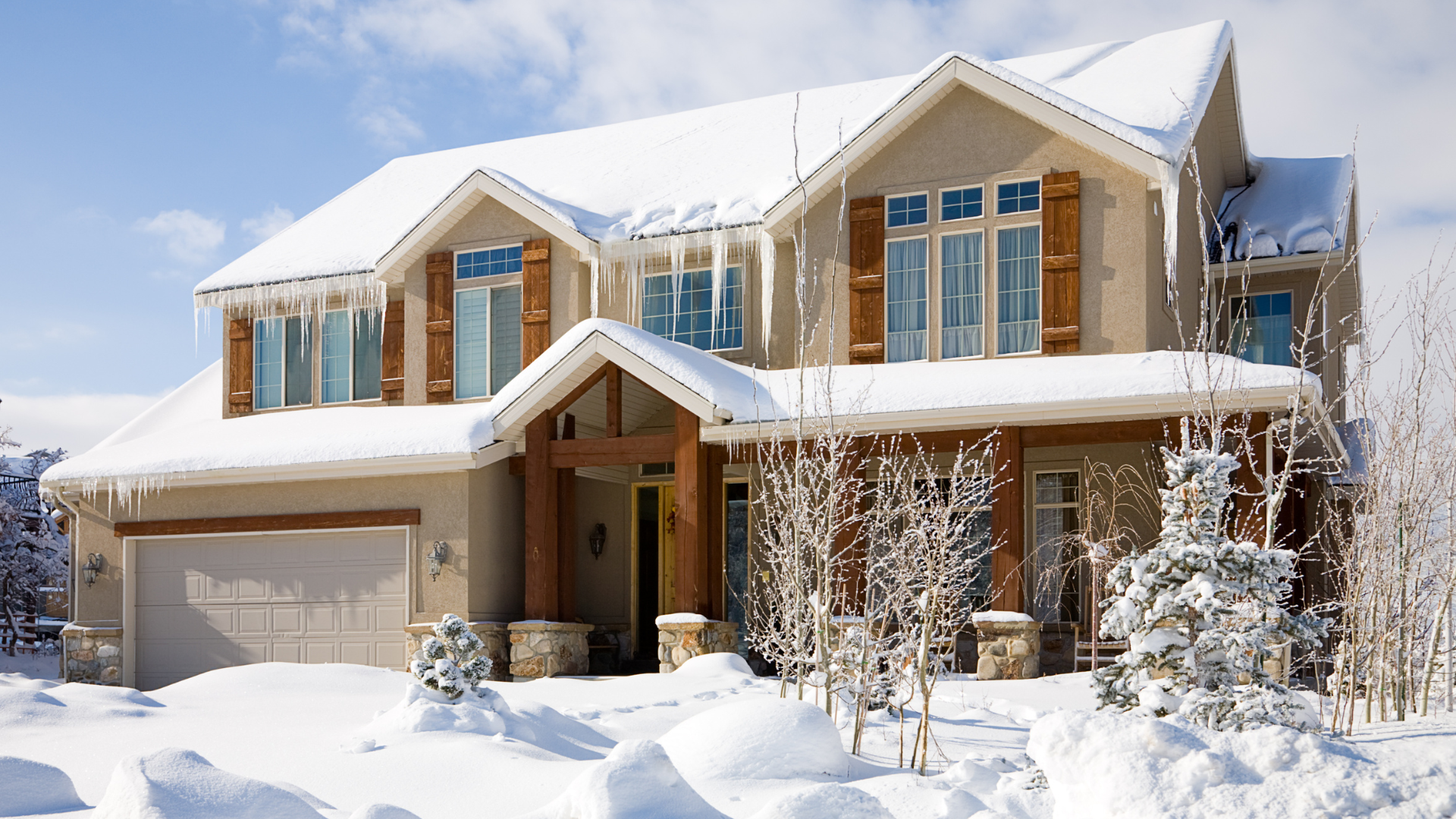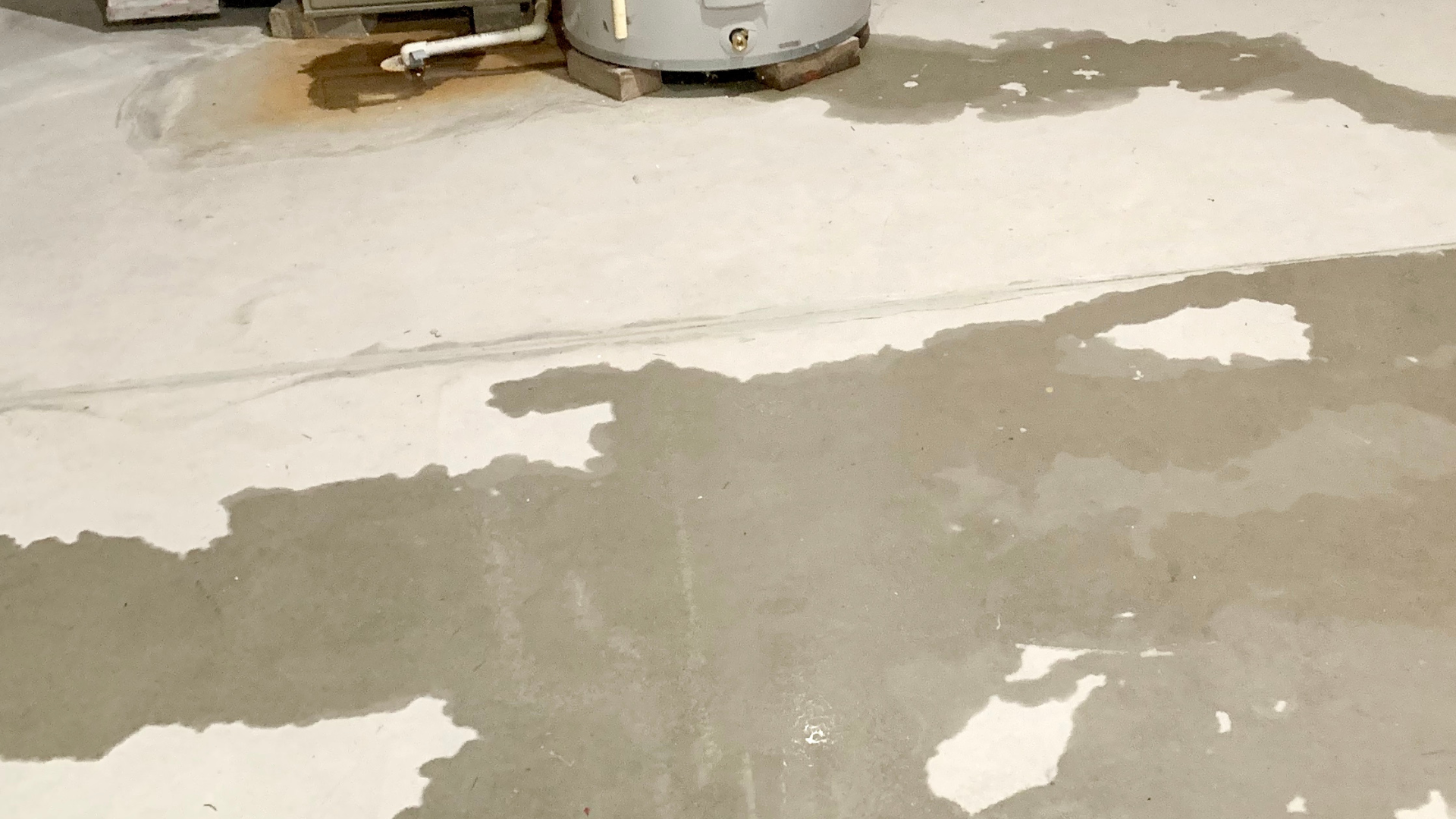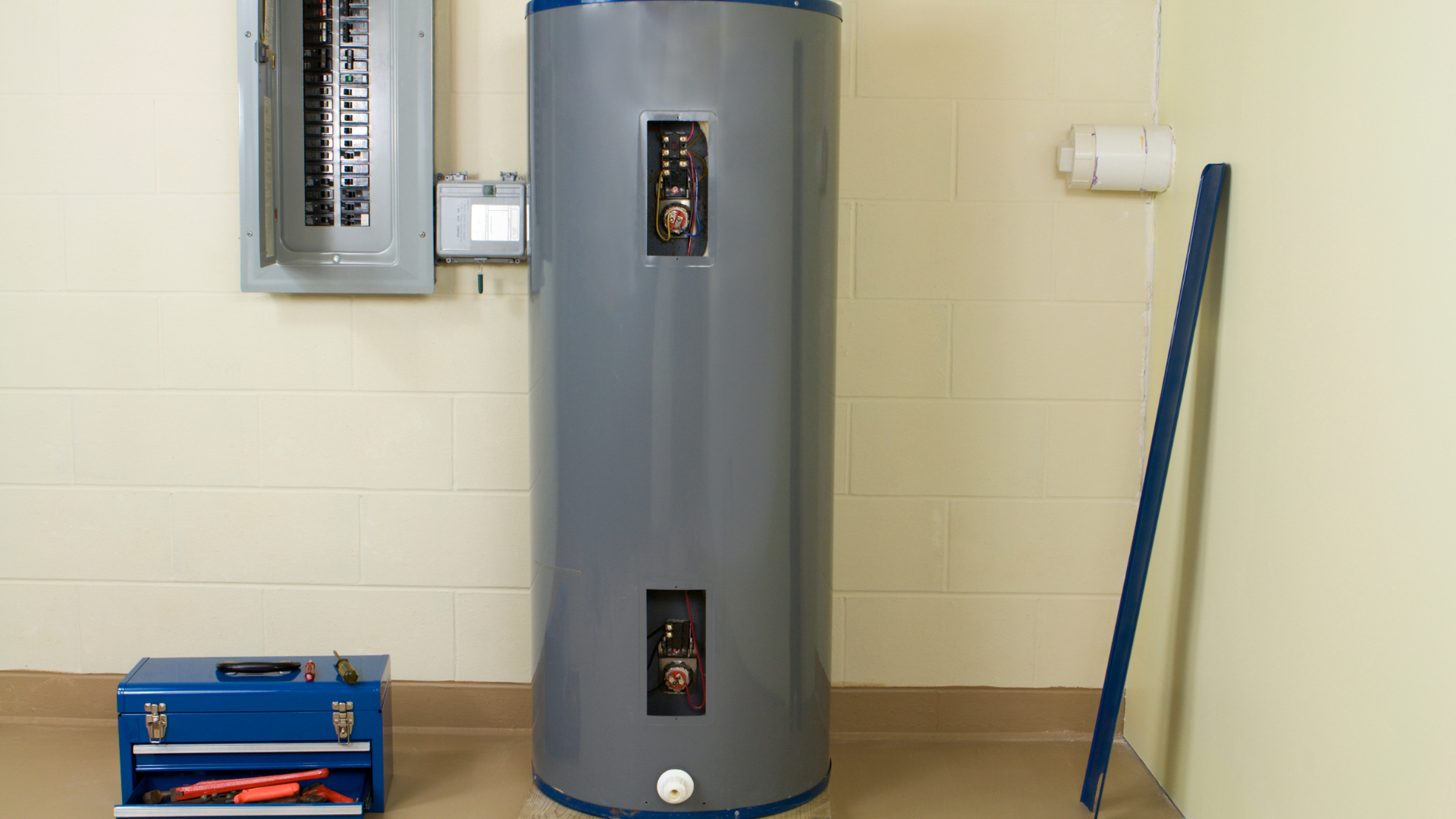Kansas
Navigating Home Services in the Sunflower State: Licensing, Sales Tax, and Verification in Kansas

For homeowners in Kansas, embarking on a home improvement project means navigating a licensing system that is primarily handled at the local level for general contractors, with state oversight for specific trades. Understanding how sales tax applies is also crucial, as Kansas has unique rules regarding labor.
Licensing Requirements for Home Service Contractors in Kansas
Kansas does not have a statewide general contractor license that all builders and remodelers must obtain. Instead, general contractor licensing and regulation are primarily managed by individual cities and counties.
- No Statewide General Contractor License (Local Regulation is Paramount):
- For general home construction, remodeling, or repair, the State of Kansas does not issue a universal "general contractor" license.
- Therefore, it is essential for homeowners to contact their specific city or county's building department, codes enforcement office, or occupational licensing board. These local jurisdictions will have their own requirements, which can vary significantly.
- Examples of Local Requirements:
- City of Topeka: Requires general contractors (Class A, B, or C) to pass an ICC exam (International Code Council), provide certificates of insurance, and complete continuing education hours annually. Roofing contractors also need a separate registration with the Kansas Attorney General.
- Sedgwick County (Wichita area): The Metropolitan Area Building and Construction Department (MABCD) issues contractor licenses, requiring applications, proof of liability and workers' compensation insurance, and often passing an ICC exam.
- Kansas City, KS (Wyandotte County): General contractors are regulated by the Building Inspection Division of the Neighborhood Resource Center Department (NRCD) and require local licenses and permits.
- Local requirements often involve passing an exam based on ICC codes, providing proof of general liability and workers' compensation insurance, and registering the business.
- Specialized Trades: Primarily Local, Some State-Adjacent:
- Unlike many states where plumbing and electrical licenses are strictly state-issued, in Kansas, these essential trade licenses are also primarily issued at the local (city or county) level.
- While there isn't a central "Kansas State Board of Electricians" or "Kansas State Board of Plumbers," the state sets general standards for these local licenses, often based on ICC codes.
- Plumbers: Licensing for Apprentice, Journeyman, and Master Plumbers is handled by local municipalities (e.g., Topeka, Wichita, Johnson County). Requirements typically include documented apprenticeship experience and passing local or ICC-recognized exams.
- Electricians: Similar to plumbing, electrician licenses (Apprentice, Journeyman, Master, and Electrical Contractor) are issued by individual cities and counties. Requirements include practical experience and passing ICC-based exams.
- Other Trades: HVAC contractors, while subject to building codes, generally do not have a statewide license, again falling under local regulation.
- Technical Professions: The Kansas State Board of Technical Professions (KSBTP) licenses architects, engineers, landscape architects, land surveyors, and geologists. While not "contractors," these professionals may be involved in larger home design or improvement projects.
Always verify the appropriate local general contractor license and any specific trade licenses required by your city or county. Performing work without the necessary local licenses or permits can lead to fines, project delays, and difficulty obtaining recourse if issues arise.
How Sales Tax Applies to Home Service Projects in Kansas
Kansas has a state sales tax rate of 6.50% (as of current information), plus local sales taxes imposed by counties and cities, leading to a combined rate that varies significantly across the state (e.g., up to 10% or more in some areas). The application of sales tax to home service projects in Kansas is notable for its "remodel tax" on commercial projects and specific rules for residential work:
- Residential Construction and Remodeling Services are Generally EXEMPT from Sales Tax on Labor:
- For the construction, reconstruction, restoration, remodeling, renovation, or repair of a residence, the labor services are exempt from sales tax. This is a significant distinction from some other states.
- A "residence" includes single-family homes, multi-family homes (duplexes, apartments), mobile homes affixed to real property, and land improvements immediately surrounding a residence (e.g., sidewalks, driveways).
- Contractors are considered retailers of the materials they install into residential real property. This means the contractor must collect the applicable state and local sales tax from the homeowner on the cost of the materials used in the residential project.
- Example: If a contractor replaces a roof on a home, they would charge sales tax on the shingles and other roofing materials, but not on the labor to install them, provided materials and labor are separately itemized. If not separately itemized, the entire amount may be subject to tax.
- Original Construction is Exempt on Labor and Materials:
- Services related to the original construction of a new building are also generally exempt from sales tax on both labor and materials. This means the contractor purchases materials tax-exempt with an exemption certificate.
- Taxable Services (Limited for Residential):
- While most residential construction labor is exempt, repairing or maintaining tangible personal property already installed in the home (e.g., repairing a dishwasher or a standalone appliance) is a taxable service.
- If a contractor sells tangible personal property without installing it (e.g., just selling new cabinets that the homeowner will install), that is a retail sale subject to sales tax.
- Commercial Remodeling is Taxable on Labor and Materials:
- It's important to note for broader context that Kansas levies sales tax on the labor for installing, applying, servicing, repairing, altering, or maintaining tangible personal property performed on nonresidential (commercial) real property. This is often referred to as the "Kansas Remodel Tax." This applies to commercial projects, not typically residential.
For Kansas homeowners, clarify with your contractor whether sales tax will be charged on materials for your residential project. Labor for most residential improvements should be exempt, but this requires separate itemization on the invoice.
How to Verify Licensing in Kansas
Verifying a home service contractor's credentials in Kansas requires a multi-pronged approach due to the decentralized licensing system.
Local City/County Building Departments or Occupational Licensing Offices (MOST IMPORTANT):
- This is your primary resource for verifying that a general contractor or trade professional (plumber, electrician) is properly licensed or registered to work in your specific municipality.
- Find Contact Information: Go to the official website of your city or county. Look for departments like "Building Permits," "Codes Enforcement," "Development Services," "Occupational Licensing," or "Contractor Licensing."
- Direct Inquiry: Call or visit their office. Provide the contractor's name and ask about their licensing status, any local registration requirements, and if they are authorized to pull permits for your type of project. Many will have online search portals.
- Example: City of Topeka provides an online contractor search.
- Example: Sedgwick County MABCD has a contractor licensing page.
Kansas Attorney General's Office - Roofing Contractor Registration:
- Website: For roofing contractors, check the Attorney General's Roofing Contractor Registration page.
- Search: Verify that your roofer holds a valid registration certificate number, which is required statewide.
Kansas Secretary of State - Business Entity Search:
- Website: Use the Secretary of State's Business Entity Search to verify that the contractor's business (LLC, corporation, etc.) is properly registered and in good standing with the state: https://www.kansas.gov/business/search/
- Search: Enter the business name to confirm its legal status.
Kansas State Board of Technical Professions (KSBTP) License Search:
- Website: If your project involves architects, engineers, or other design professionals, you can verify their licenses here: https://www.ksbtp.ks.gov/ (look for licensee search).
Proof of Insurance: Always request current Certificates of Insurance for general liability and, if the contractor has employees, workers' compensation insurance. Ensure the certificates name your city/county's building department as a certificate holder if required for permitting. Call the insurance provider directly to verify coverage.
Given the decentralized nature of licensing in Kansas, diligent verification with your local municipality is the most critical step to ensure your chosen contractor is legitimate and authorized to perform work in your area.
Sources
- Kansas Department of Revenue (KDR) - Sales and Use Tax:
- Publication KS-1525, Sales and Use Tax for Contractors, Subcontractors, and Repairmen (Revised 2017/2019 versions are often found): (Search "Kansas Pub KS-1525" for the latest version).
- Key Sales Tax Differences for Construction in Kansas vs. Missouri (MarksNelson): https://www.mnadvisors.com/blog/post/key-sales-tax-differences-for-construction-in-kansas-vs.-missouri (Provides excellent clarity on residential vs. commercial labor tax)
- Kansas Attorney General - Roofing Contractor Registration:
- Main Page: https://ag.kansas.gov/licensing/roofing-contractor-registration
- Kansas Secretary of State - Business Entity Search:
- Search Portal: https://www.kansas.gov/business/search/
- Kansas State Board of Technical Professions (KSBTP):
- Website: https://www.ksbtp.ks.gov/
- Local City/County Licensing Resources (Examples):
- City of Topeka - Development Services (Contractor Licensing): https://www.topeka.org/development-services/contractor-licensing/
- Sedgwick County - Metropolitan Area Building and Construction Department (MABCD) - Contractor Licensing: https://www.sedgwickcounty.org/mabcd/contractor-licensing/
- Kansas City, KS (Wyandotte County) - Neighborhood Resource Center Department: (Search "Kansas City KS contractor licensing NRCD")
- Industry Guides (for general overview, always defer to state/local sources):
- Housecall Pro - Kansas Electrical License: https://www.housecallpro.com/electrical/licensing/kansas/
- ServiceTitan - Kansas Plumbing License: https://www.servicetitan.com/licensing/plumbing/kansas
Click Another Article to Read More










